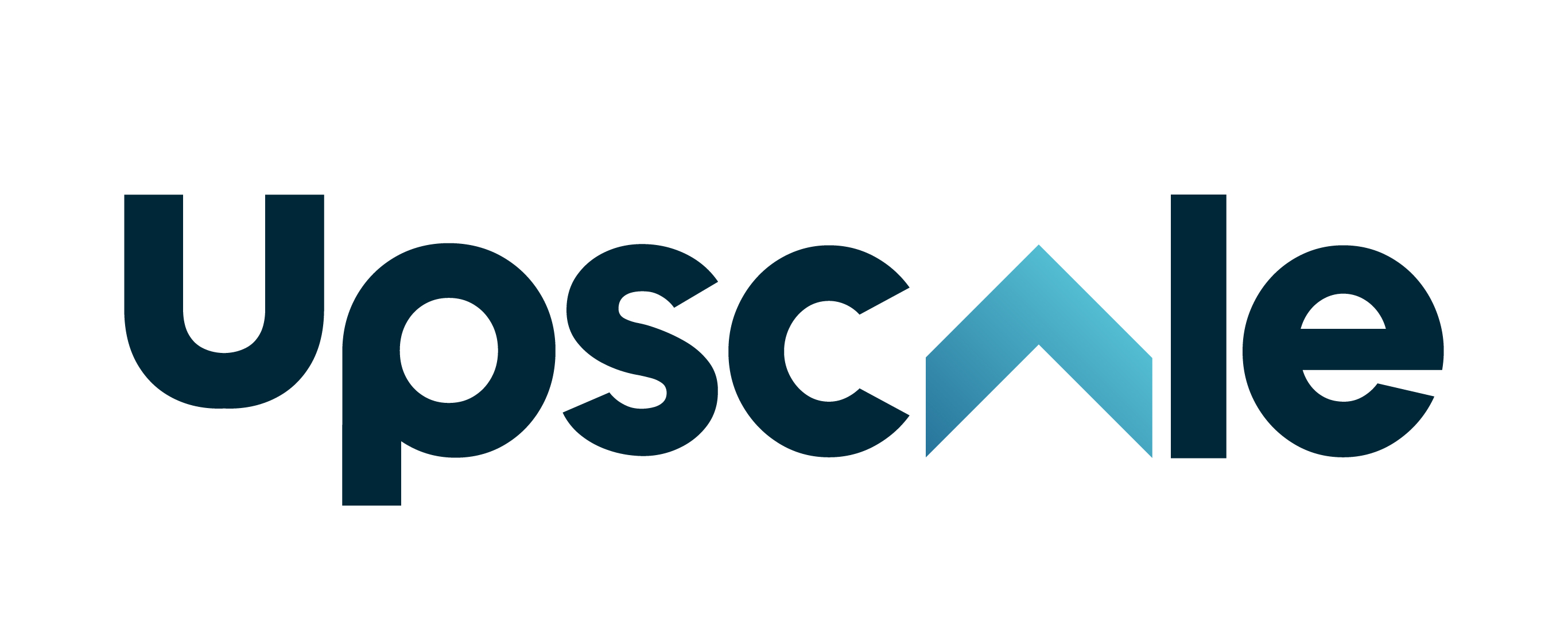How HR Can Advocate for Mindset Change and Employee Expectations in Malaysia
Mon, 25 Sep 2023

Are you tired of the traditional approach to human resources in Malaysia? Do you feel there needs to be a mindset change and a shift in employee expectations?
You're not alone. Many HR professionals in Malaysia recognise the need for change and are eager to advocate for it.
In a rapidly evolving workplace, HR departments play a crucial role in shaping company culture and ensuring employee satisfaction.
In this article, we will explore the importance of HR advocating for mindset change and employee expectations in Malaysia and provide practical strategies for implementing these changes in your organisation.
Understanding the Current Employee Mindset and Expectations in Malaysia
In Malaysia, the prevailing employee mindset and expectations are primarily centred around remuneration, career progression, and work-life balance.
A significant majority of Malaysian employees consider a competitive salary and benefits package as their top motivator. This focus on compensation can be attributed to the rising cost of living and the need for financial security.
Career progression is another crucial factor. Many employees are inclined to switch jobs due to a perceived lack of career advancement opportunities.
On a similar note, work-life balance is a priority for nearly half of Malaysian employees. In line with trends seen in other Asian countries such as China, Hong Kong, Singapore, and Japan, Malaysian employees are increasingly looking for employers who invest in work-life balance initiatives.
In Malaysia, employees' attitudes and expectations have significantly shifted towards prioritising life experiences over work. 50% of respondents in Malaysia were willing to resign if their job hindered their personal life.
This trend is more pronounced among millennials, with 55% considering leaving their jobs for a better work-life balance.
These attitudes are deeply influenced by cultural, economic, and social factors. The traditional work culture is being rapidly replaced by a more flexible and remote work environment, primarily driven by the millennial workforce.
Inflexibility has caused one in three respondents to resign, and 8 in 10 workers now prioritise flexibility regarding working hours and location. As such, HR should push for initiatives that foster a positive work environment and allow for employee rest and growth.
This includes offering work flexibility as it improves work-life balance, is significantly crucial for mental health and personal relationships, and attracts and retains talent in the job market.
Additionally, HR can capitalise on the fact that 88% of Malaysians feel empowered to improve work-life balance by providing the necessary tools and support. With 3 in 5 Malaysians fearing job loss, creating a secure and supportive work environment should also be a priority.
The Need for Mindset Change and Rethinking Employee Expectations
In the context of human resource management, mindset change is a crucial element in Malaysia. This is especially true as organisations navigate through the ever-changing business landscape.
These changes are brought about by technological advancements, changing demographics, and evolving employee expectations. It becomes incumbent upon HR to advocate for a shift in mindset more aligned with these new realities.
In addition, employee expectations have evolved over time, and this is no different in Malaysia.
The current generation of employees values work-life balance, meaningful work, and ample opportunities for learning and development.
Case Study: Successful Implementation of Mindset Changes
Microsoft has gone through a culture renovation that aligned the organisation with new values, improved the strong foundations while fixing what was broken, and made decisions to maintain Microsoft's identity.
In the past, managers at Microsoft were used to hoarding their top performers and were rewarded for organisational performance. But, with the shift in mindset and rethinking of employee expectations, managers now benefit from a culture of mobility.
Microsoft transformed its culture by aligning with new values and going beyond surface-level changes. They focused on improving strong foundations and fixing what was broken, and the process is still ongoing.
After Microsoft's culture renovation, they encouraged talent mobility, which was crucial for its success. This emphasises the importance of talent development and shows that prioritising talent mobility benefits both the organisation and managers, as it attracts top talent.
Strategies for HR to Manage Employee Expectations
Encouraging Open and Constructive Communication
The HR department can create platforms where employees can freely express their thoughts, concerns, and ideas. This allows for a better understanding of varying perspectives and encourages employees to think differently about issues and challenges in the workplace.
Moreover, HR can facilitate a feedback culture where employees are not only open to giving feedback but also to receiving it. This can be done through regular performance reviews, feedback sessions, and suggestion schemes.
HR should encourage employees to voice their concerns, ideas, and suggestions without fearing being judged or penalised.
In Malaysia, where hierarchy and power distance often affect communication in the workplace, promoting open communication can be a game-changer. This can be done by setting up regular feedback sessions, town hall meetings, or suggestion boxes.
It can help break down hierarchical barriers and empower employees at all levels. This, in turn, can lead to improved teamwork, collaboration, and problem-solving, thereby fostering a more progressive and innovative mindset among employees.
Establishing Policies that Support Mindset Change
The HR department is also responsible for developing, implementing, and enforcing policies that promote a positive and progressive work environment, such as diversity and inclusion, work-life balance, and employee health and wellness.
For instance, HR could implement policies that support flexible working arrangements, which can help shift traditional mindsets about the typical 9-5 workday.
Implementing Effective Communication Techniques
HR professionals can advocate for change by encouraging open dialogue within the organisation.
They can set up regular meetings, team discussions, and feedback sessions where employees can express their thoughts, ideas, and concerns. This transparency helps manage expectations and fosters a sense of trust and belonging among employees.
Furthermore, HR can utilise various communication channels to keep employees updated about organisational changes and developments.
Regular updates go a long way in keeping the workforce informed and aligned with the company's goals and objectives.
Promoting Employee Engagement & Flexibility
Employee engagement is another crucial area where HR professionals can lead by example.
HR can advocate for a participatory work culture where employees can contribute ideas and suggestions. This inclusivity can lead to a sense of ownership and commitment among employees, promoting a positive mindset towards change.
This also extends to the way HR manages employee expectations. Instead of adopting a one-size-fits-all approach, HR professionals can personalise their strategies based on individual employee needs and preferences.
Promoting a Culture of Continuous Learning
This involves encouraging employees to continually upgrade their skills and knowledge and providing them with the necessary resources and opportunities to do so.
This can be achieved through various means, such as providing access to online learning platforms, organising workshops and seminars, and supporting further education.
Promoting a continuous learning culture can help employees stay updated with the latest trends and developments in their field, fostering a growth mindset.
This can also help to meet the expectations of employees in Malaysia, who increasingly value lifelong learning and personal development.
Implementing Employee Training and Development Programs
Continuing from the previous point, the HR department plays a paramount role in identifying the need for such training programs and subsequently organising and implementing them.
HR may also collaborate with external training providers to ensure employees receive the best learning opportunities.
For instance, if an organisation tries to promote a more inclusive and diverse workplace, HR could organise training sessions addressing unconscious bias, cultural sensitivity, and other relevant topics.
The objective should be to foster a growth mindset among employees, making them more open to changes, learning, and innovation. The programs should not only focus on refining the technical skills of the employees but also on enhancing their emotional intelligence and adaptability quotient.
In the Malaysian context, where diversity is a hallmark, these programs can be instrumental in promoting mutual respect and understanding among employees from different ethnic backgrounds.
Recognising and Rewarding Employee Achievements
Implement a system where employees' hard work and contributions are acknowledged and rewarded. This motivates the employees and makes them feel valued and appreciated.
This strategy can be highly effective in the Malaysian context, where employees tend to be motivated by extrinsic rewards. It can boost employee morale, engagement, and loyalty. Furthermore, it can encourage a mindset of continuous learning and improvement among employees as they strive to perform better and achieve more.
Implementing Transparent Performance Management Systems
A transparent system enables employees to understand what is expected of them, the metrics used to evaluate their performance, and what they need to do to progress in their careers.
HR can advocate for this change by implementing transparent performance management systems that clearly outline the criteria for advancement and rewards.
Establishing Clear Career Pathways
Establishing clear career pathways means outlining the steps needed to progress in their careers, enabling employees to clearly understand what is expected of them and what they need to do to achieve their career goals.
In the context of Malaysia, HR can advocate for this change by working with managers to develop career pathways for different roles. This can help manage employees' expectations, who can understand the opportunities available for career advancement.
At Upscale, we believe that HR professionals have an essential role in advocating for mindset change and managing employee expectations.
That change starts with proper talent management, which includes selecting and placing employees in roles that best suit their skills, interests, and career goals.
Our talent pool of HR professionals has the skills, knowledge, and experience to handle this task effectively. If you are looking for a reliable talent management team to help you navigate these challenges, get in touch with us today at upscale.my!
